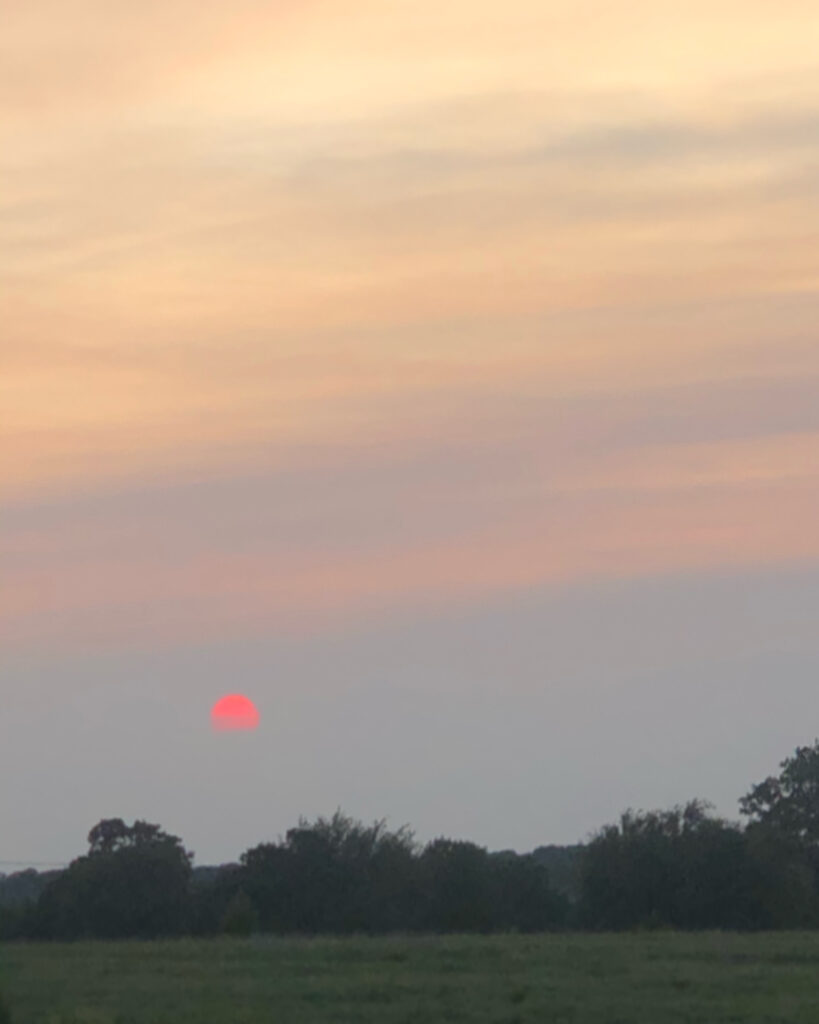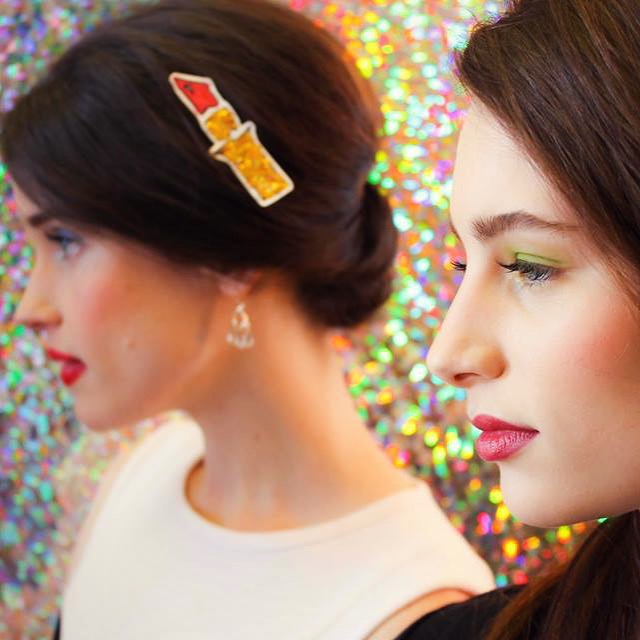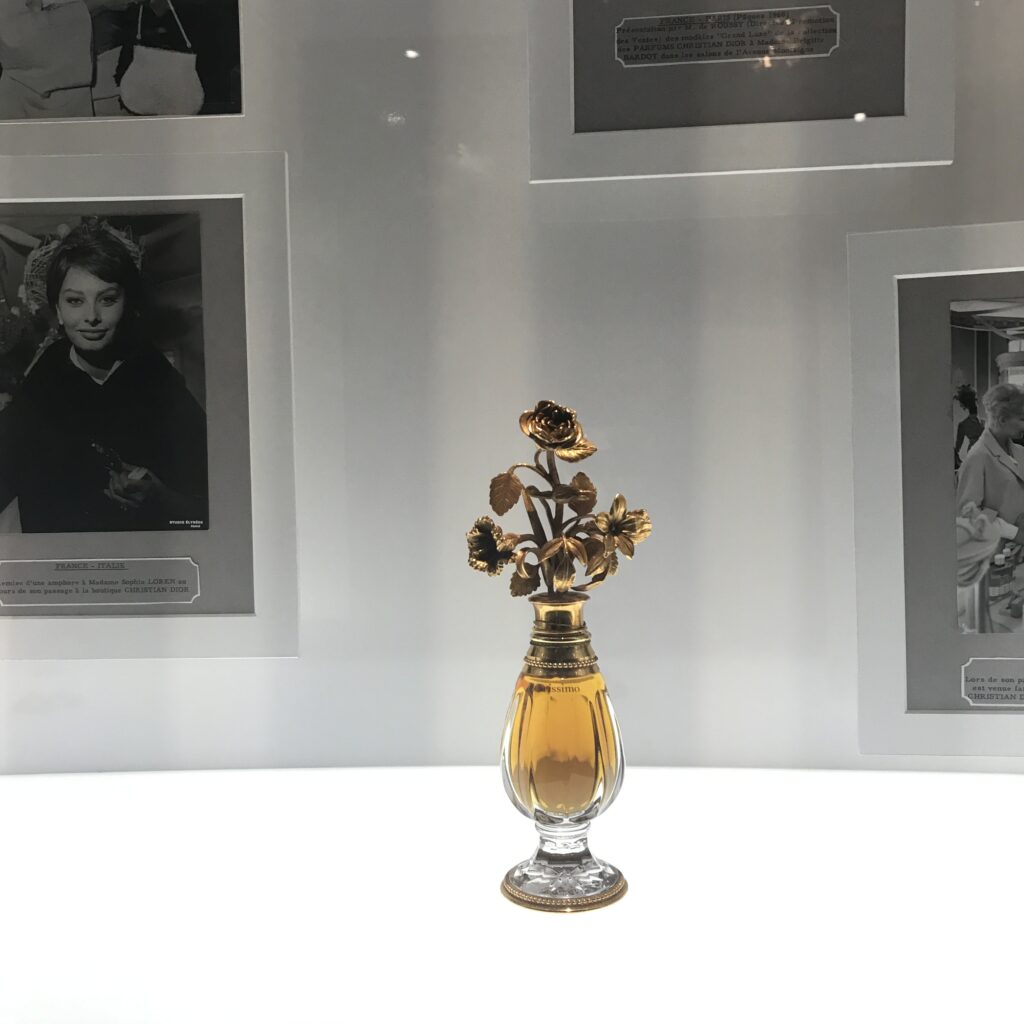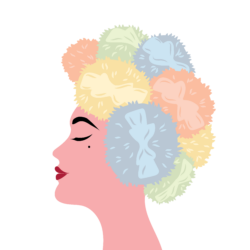Roger Scruton’s work on beauty and its relationship to truth, morality, and the human spirit often inspires deep reflection. But let’s take this a step further. What if we explored beauty not only as a path to transcendence but as a bridge between the tangible and intangible? Scruton believed beauty was a glimpse into a higher order, a way to experience something eternal in the midst of our ordinary lives. This idea brings us to a unique perspective: beauty as a kind of ritual.

When you apply makeup, it’s not just about color and contour; it’s a ritual of transformation, a way to step into a version of yourself that feels more aligned with your inner vision. In this sense, makeup isn’t superficial. It’s a deeply personal act of connecting the everyday self with the transcendent one. Think about it: for centuries, humans have used adornment as a way to symbolize power, divinity, or identity. This ritual of beautification, when done with intention, could be seen as a modern form of that ancient practice.
Yet, Scruton warned of the dangers of confusing artificiality with true beauty. He would likely caution against the over-commercialization of beauty practices that sell the idea that perfection is attainable through products. However, within the ritual, there’s an opportunity to transcend these shallow messages. Rather than using makeup to conform to a standard, we can use it to express an authentic self—a self that’s ever-evolving, layered with meaning, and constantly seeking harmony.


In this way, beauty becomes not just a reflection of something eternal but a momentary glimpse of transcendence within our daily rituals. It’s a reminder that the physical world and the spiritual are not as separate as we often think.
And here’s where Scruton’s philosophy offers a challenge: Are we engaging in rituals of beauty that help us transcend our limitations, or are we participating in fleeting illusions that distract us from our deeper needs? How can the simple act of makeup application serve as a ritual of transcendence in a world that so often commodifies beauty?
By asking these questions, we can begin to see beauty—and the way we approach it—as something far more meaningful than meets the eye. It’s about the interplay between what we can see and what we sense lies beyond, a connection between the everyday and the extraordinary. So, next time you look in the mirror, ask yourself: Is this a reflection of the self I’m becoming, or a mask I’ve been given by the world around me?
